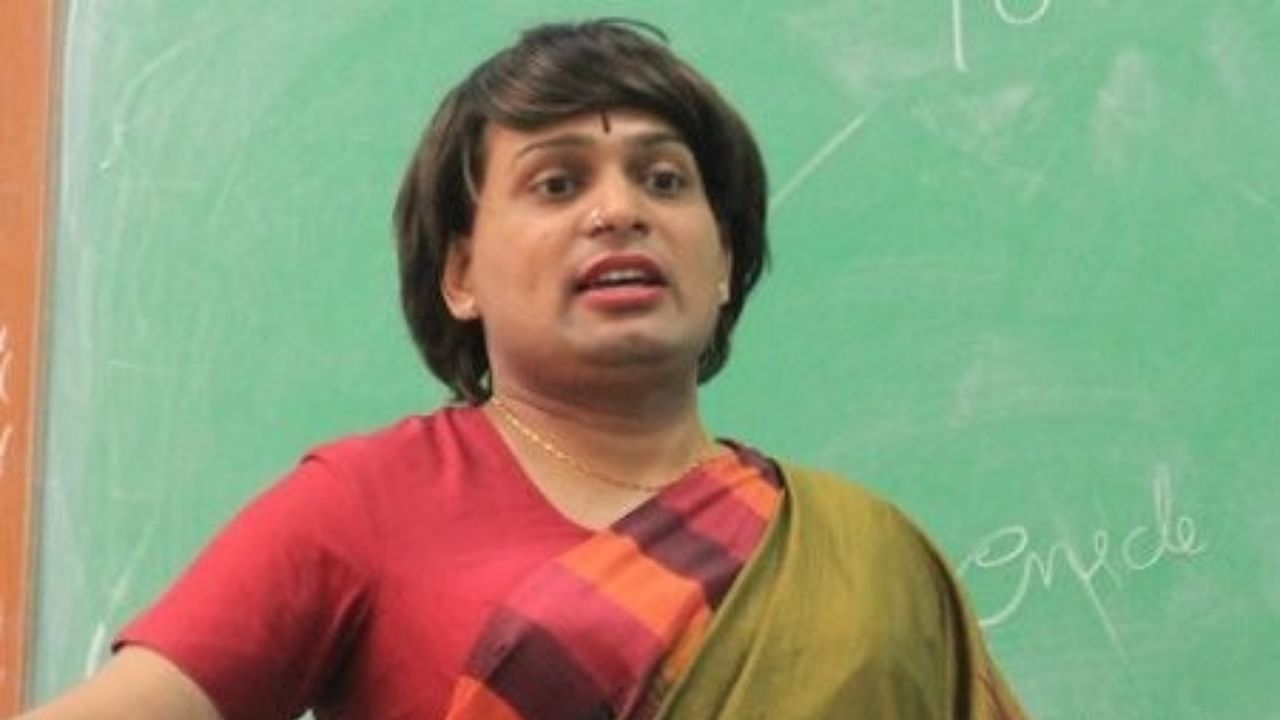
I am among the ones who filed petitions in the courts to seek legal recognition of marriages between non-heterosexual people. I moved the court, not only because I personally experienced brutalities and separation, forced and otherwise, from people, who came to my life, but also because I came across countless other queer and transgender people, who had to go through similar ordeals.
My own family, on three instances, effectively managed to break my relationships. In one such instance, my parents created a ruckus in front of the parents of my partner at their home, making it extremely difficult because they were not out at that time. In another instance, they made it emotionally draining, and I felt that their constant refrain of how I cannot trust an individual weighed heavy on me. The effects linger, and I have internalised the doubt to the extent that it has been a while since I made an attempt to be with anybody.
Also Read: Sanskari cloud over Rainbow of Rights
I am not the lone sufferer though. As an activist, I had to intervene in countless cases, where parents and members of the extended families played violent roles to separate trans people. I have come across cases where transpersons, assigned female at birth, but identifying as male, being forcibly married off to a man and the being subjected to marital rape. There are cases of curative violence, including subjecting transpersons to conversion therapies or experiments in psychiatric clinics. The conversion therapies could range from allopathic medicines to yoga, siddha, unani and, in some cases, even witchcraft and black magic. I personally experienced this. I was chained for a week and then assaulted by a ‘baba’, who claimed that he was ‘curing’ me. Besides, vigilantism is another societal issue with people in villages unleashing violence on same-sex couples or trans people.
I do not believe that legal recognition of same-sex marriages, if granted by the Supreme Court, will be a panacea for all evils. But it will at least bring about a semblance of equality among heterosexual and non-heterosexual people on marital matters. It is the first in a long list of steps which are needed to be taken to help transgender people and the queer community live with dignity.
Marriage equality will not affect people who do not want to pursue a marriage. It will help parents of queer people understand them better, because parents understand a cisgender, heteronormative framework, and marriage is one such example. More and more parents are educating themselves today. Though not a parent, Justice Anand Venkatesh of the Madurai bench of the Chennai High Court sat with counsellors and underwent training to understand the larger issues of the LGBTQI community.
Also Read: Strides of pride
The Supreme Court’s judgment in the Navtej Johar case has been observed in breach, rather than in compliance. Police brutalities continue, and, if a queer or trans couple go to a police station before they elope, they are often asked to strip. If trans persons, queer men or gay women are brutalised, there’s no contempt provision. The judgments in both the Navtej Johar case and the NALSA case do not have punitive provisions and hence need amendments, reinforcements.
A recent example is that of the two Garima Grehs in Delhi where the police stormed into the shelters, thrashed the staff and handed over the residents to their families. Can you imagine that happening at home run by the Women’s Commission? We need built-in mechanisms that can hold the police in contempt.
Queer people also need horizontal reservation like what women are accorded. Why should we be made to compete with even men or women? Transgender people also need shelter homes, both for long-term and short-term stays. They also need inclusion under key government schemes, like the Pradhan Mantri Awas Yojana.
(As told to Amrita Madhukalya, DHNS)